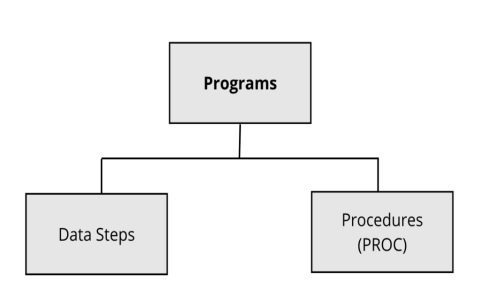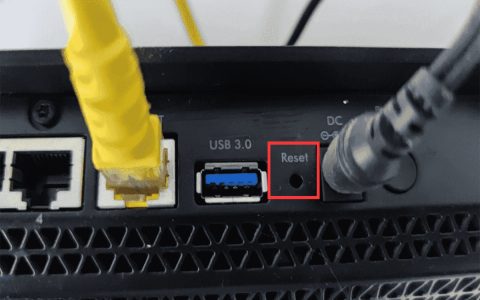Understanding Core Functionality
Both Proc Means and Proc Summary are fundamental SAS procedures for calculating descriptive statistics (e.g., mean, sum, min, max, N, std dev). They belong to the same procedure family and share almost identical syntax for specifying analysis variables, class variables, and statistics.
The Critical Distinction: Default Output
This is the primary difference:
- Proc Means: By default, Proc Means automatically generates printed output in the SAS Results Viewer or Listing.
- Proc Summary: By default, Proc Summary produces no printed output. Its primary purpose is to compute statistics and store them in an output dataset.
Key Differences and When to Use Them
Use Proc Means When:
- You need a quick review of statistics directly in the output.
- Interactive data exploration is your goal.
- Generating a simple printed report summarizing numeric variables is sufficient.
Use Proc Summary When:
- You need an output dataset containing the computed statistics for further processing (e.g., merging, custom reporting, input for another procedure).
- You want to avoid cluttering your output with intermediate results. You control output explicitly using
OUTPUTorODS. - You need finer control over table definition and output dataset structure using the
NWAYoption.
Shared Capabilities
Both procedures offer extensive identical capabilities:

- Analyzing by Class Variables: Break down statistics using one or more categorical (
CLASS) variables. - Supporting Output Delivery System (ODS): Both can route output to ODS destinations (HTML, PDF, Excel, RTF) for formatted reporting.
- Complex Analysis: Both support weights (
WEIGHT), multi-label formats (MLF), types of sums of squares (TYPES), etc. - Output Datasets: Both can create output datasets using the
OUTPUT OUT=statement.
Best Practices
- Prefer Proc Summary for programmatic, production-oriented code where results feed subsequent steps. This avoids unintended printed output.
- Use Proc Means for interactive analysis or when a quick printed summary is explicitly desired.
- If you use Proc Means but only want a dataset, explicitly suppress printed output with
ODS EXCLUDE SUMMARY; orNOPRINT. - If you use Proc Summary and need printed output, use
ODS OUTPUT,PRINT, orPROC PRINTon the output dataset.
Choosing the Right Tool
Your decision hinges on the default output requirement:
- Need immediate printed statistics? Choose Proc Means.
- Need an output dataset without default printing? Choose Proc Summary.
Functionally equivalent otherwise, mastering both provides optimal flexibility in data summarization workflows.







